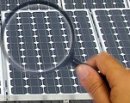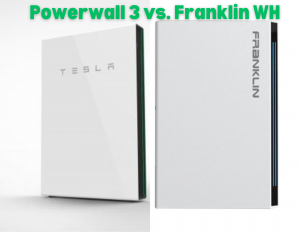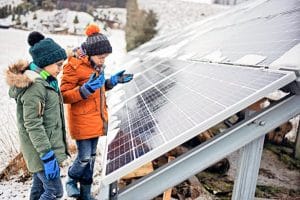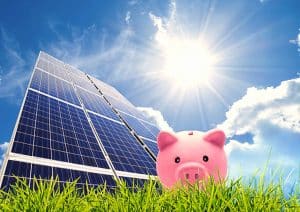With only 63 days left before the Australian Government’s $8,000 grid connect solar power rebate ends; the race is on – not only for home owners to procure a system, but the slimy underbelly of the solar industry to grab unsuspecting consumer and rebate cash.
While the solar industry in Australia is generally populated by ethical companies that have a genuine passion for the products they sell, the explosion of low quality equipment coupled with financial incentives have seen some fly-by-night operations set up shop to take advantage of consumers; offering deals that seem too good to be true – and in many cases, indeed they are.
A variety of tricks are emerging, threatening to trap unwary consumers.
For example, to qualify for the SHCP $8000 rebate all solar panels must be tested and certified to IEC 61215 standards. The European standard was recently tightened to ensure poor quality panels are prevented from entering into that market, but unfortunately Australia has postponed this certification change until later this year. The result is poor quality panels are being dumped in Australia right now and being offered at very low prices as a part of full systems.
Poor quality panels look the same as quality and branded panels but they don’t perform in the same way. While most panels will perform as rated in perfect sunny conditions the true test is the output impact on less than perfect days. Poor quality panel performance drops off dramatically in marginal conditions.
A good place for consumers to start when offered a package is to ask for the brand name for each component and then to research the brand history on the Internet. Many solar panel and related component companies have set up in China in the last couple of years and with the exception of a few such as Suntech and Solarfun, their products have not been thoroughly tested for Australia’s conditions. While the warranty the newcomers offer may be the same as the more recognised brands; the warranty will be of little value if the company disappears.
Another trick emerging is the offer of a buy back guarantee should the system not perform adequately. If a system should fail after 4 or 5 years and a consumer asks for their money back then the warranty only offers the money back paid by the consumer, not the $8000 rebate. If the system should be removed from the building, then the consumer will be in breach of rebate conditions and will have to hand the $8,000 back to the Government.
When considering investing in a solar power system, consumers need to be aware of these sorts of issues as there are many pitfalls that can turn what should be a very positive experience of making the switch to solar power into a nightmare.
Australian solar power company Energy Matters has released a comprehensive consumer’s guide to buying solar power systems to help alert home owners to a range of traps they may be exposed to and it’s the company’s hope that by exposing these tricks, it will also help to create a more level playing field in the Australian solar industry.







































